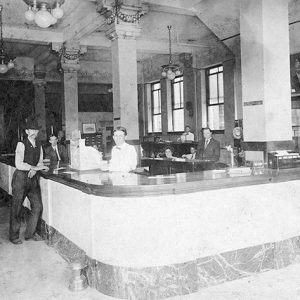 Arkansas Gazette Staff
Arkansas Gazette Staff
Entry Type: Group
 Arkansas Gazette Staff
Arkansas Gazette Staff
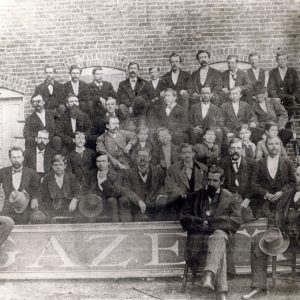 Arkansas Gazette Staff
Arkansas Gazette Staff
Arkansas Genealogical Society
Arkansas General Assembly
aka: State Legislature
aka: Arkansas State Legislature
aka: General Assembly
aka: Arkansas House of Representatives
aka: Arkansas Senate
aka: Arkansas Legislature
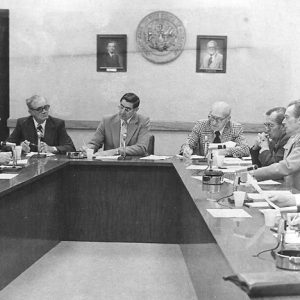 Arkansas General Assembly, 1979
Arkansas General Assembly, 1979
Arkansas Highway Police
Arkansas Historic Preservation Program
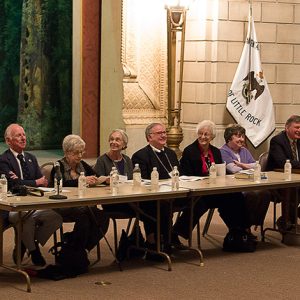 AHA Presidents
AHA Presidents
Arkansas Historical Association (AHA)
Arkansas Historical Quarterly
Arkansas Hunger Relief Alliance
Arkansas Insurance Department (AID)
Arkansas Intercollegiate Conference
Arkansas League of the South
Arkansas Legislative Audit
Arkansas Legislative Council
aka: Legislative Council
Arkansas Library Association
Arkansas Literacy Councils (ALC)
Arkansas Living History Association
Arkansas Martin Luther King Jr. Commission
 Arkansas Martin Luther King Jr. Commission
Arkansas Martin Luther King Jr. Commission
Arkansas Medical Society
Arkansas Medical, Dental, and Pharmaceutical Association
Arkansas Model United Nations (AMUN)
Arkansas Mounted Rifles [Civil War]
Arkansas Mounted Rifles [Mexican War]
Arkansas Municipal League
Arkansas Museums Association
Arkansas Mycological Society
Arkansas National Guard
aka: Arkansas Department of the Military
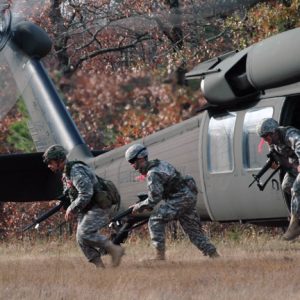 Arkansas National Guard
Arkansas National Guard
 Arkansas National Guard In Iraq
Arkansas National Guard In Iraq
 Arkansas National Guard Assisting Hurricane Katrina Evacuees
Arkansas National Guard Assisting Hurricane Katrina Evacuees
 Arkansas National Guard Wildfire Training
Arkansas National Guard Wildfire Training
 Arkansas National Guard in Iraq
Arkansas National Guard in Iraq
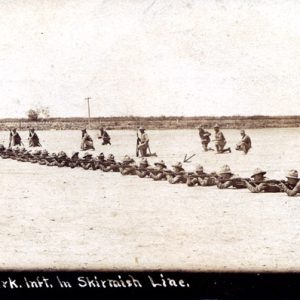 Arkansas National Guard
Arkansas National Guard
Arkansas Native Plant Society
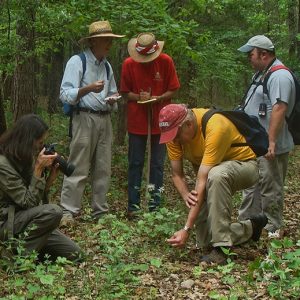 Arkansas Native Plant Society Field Trip--East Cadron Creek
Arkansas Native Plant Society Field Trip--East Cadron Creek
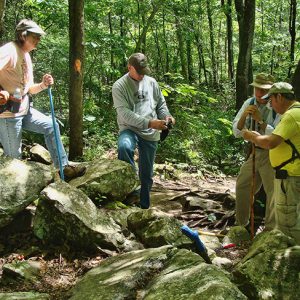 Arkansas Native Plant Society Field Trip--Petit Jean
Arkansas Native Plant Society Field Trip--Petit Jean
Arkansas Natural and Cultural Resources Council
Arkansas Negro Democratic Association (ANDA)
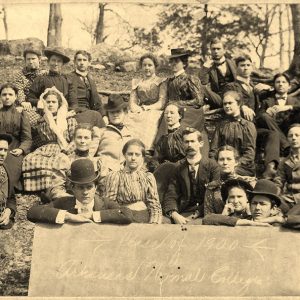 ANC Class of 1900
ANC Class of 1900
Arkansas Nurses Association
Arkansas Peace Society
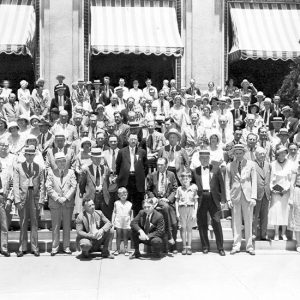 Arkansas Pharmacist Association
Arkansas Pharmacist Association




